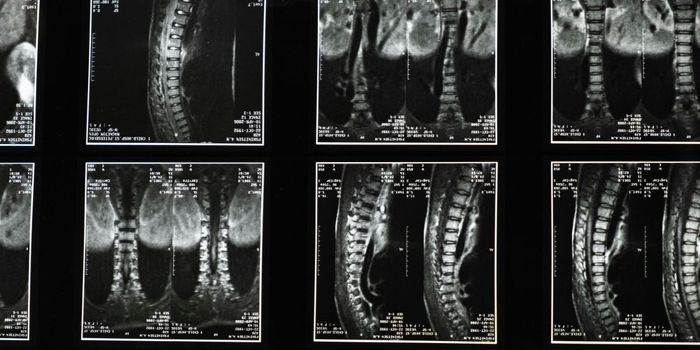Spirituality Improves Patient Care and Health Outcomes
Studies show that spiritual community participation is linked to healthier lives, greater longevity, and less depression and substance abuse. From reviewing almost 600 studies, researchers now recommend spirituality to be incorporated into patient-centered healthcare. The review was published in JAMA.
The researchers noted that their study is the 'most rigorous and comprehensive' systematic analysis of recent literature investigating spirituality and health. Dr. Tracy Balboni, lead author and senior physician at the Dana-Farber/Brigham and Women's Cancer Center and professor of radiation oncology at Harvard Medical School, said:
"Our findings indicate that attention to spirituality in serious illness and in health should be a vital part of future whole person-centered care, and the results should stimulate more national discussion and progress on how spirituality can be incorporated into this type of value-sensitive care."
For the study, the researchers formed a Delphi panel- a structured, multidisciplinary group- including 27 experts from fields including healthcare, spirituality, public health, and medicine that represented various spiritual views, including Islam, Christianity, Hinduism, spiritual-not-religious, and atheism.
Together, they reviewed 371 studies investigating the effects of spirituality on serious illness and 215 on health outcomes. From their review, they developed 16 evidence statements and six implications regarding the incorporation of spirituality in caring for patients with serious illnesses and for health outcomes.
The researchers noted that 76.9% of the 371 articles investigating the effects of spirituality on serious illness had a low to moderate risk of bias. Their top-ranked implications of the evidence statements from these studies were:
1) Incorporate spiritual care into care for patients with serious illness
2) Incorporate spiritual care education into the training of interdisciplinary teams caring for persons with serious illness
3) Include specialty practitioners of spiritual care in the care of patients with serious illness
The researchers noted that spiritual care specialists, such as chaplains, are trained to provide clinical pastoral care to diverse patients from multiple spiritual backgrounds.
The researchers also reported that of the 215 studies investigating spirituality and health outcomes, 66% had a low to moderate risk of bias. From these studies, their top three implications were:
1) Incorporate patient-centered and evidence-based approaches regarding associations of spiritual community with improved patient and population health outcomes
2) Increase awareness among health professionals of evidence for protective health associations of spiritual community
3) Recognize spirituality as a social factor associated with health in research, community assessments, and program implementation
"Overlooking spirituality leaves patients feeling disconnected from the health care system and the clinicians trying to care for them," said senior author Howard Koh, the Harvey V. Fineberg Professor of the Practice of Public Health Leadership at Harvard Chan School.
"Integrating spirituality into care can help each person have a better chance of reaching complete well-being and their highest attainable standard of health,” he added.
Sources: Science Daily, JAMA









